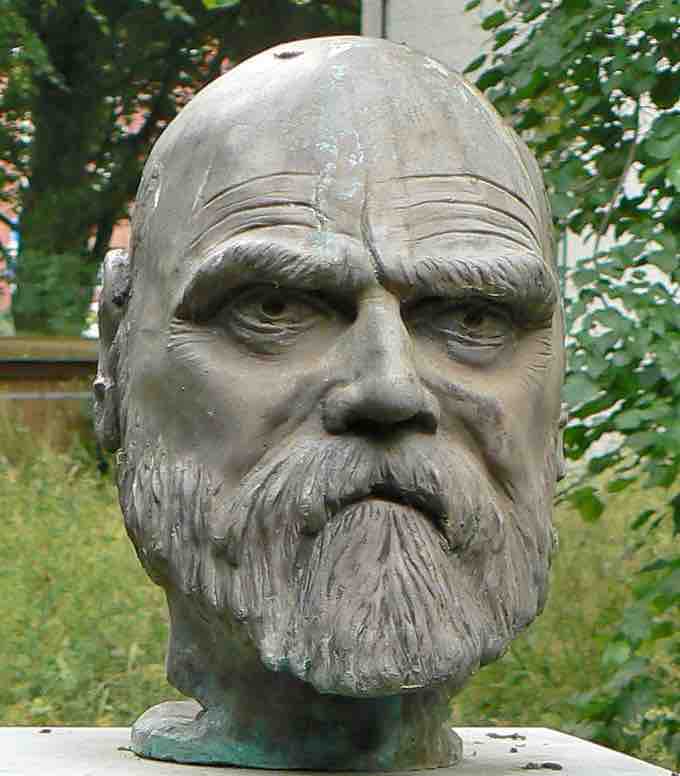Introduced by German sociologist Ferdinand Tönnies, Gemeinschaft and Gesellschaft are two conceptual models for types of human association.
Gemeinschaft
Gemeinschaft ("community") is an association in which individuals are mainly oriented to the will of the larger group, generally more than their own self-interest. Their activities are regulated by common mores or beliefs about the appropriate behavior and responsibilities of members of the association. These associations are marked by what Tönnies called "unity of will. " He saw the family as the most perfect expression of Gemeinschaft; however, he also expected that Gemeinschaft could be based on shared place and shared belief as well as kinship, and included globally dispersed religious communities as possible examples of Gemeinschaft.
Gemeinschaft community involves ascribed status, meaning a fixed status given by birth. For example, an individual born from farmers will come to occupy their parents' role until death. Gemeinschaften ("communities") are broadly characterized by a moderate division of labor, strong personal relationships, strong families, and relatively simple social institutions. In such societies, there is less of a need to enforce social control externally due to a collective sense of loyalty individuals feel for society.
Gesellschaft
In contrast, Gesellschaft ("society") describes associations in which the larger association never takes precedence over the individual's self interest, and these associations lack the same level of shared social mores. Gesellschaft is maintained through individuals acting on their own self-interest. A modern business is a good example of Gesellschaft: the workers, managers, and owners may have very little in terms of shared orientations or beliefs, or they may not care deeply for the product they are making, but it is in all their self interest to come to work to make money, and, therefore, the business continues.
Gesellschaft society involves achieved status, or a status reached by education and professional advancement. Unlike Gemeinschaften ("communities"), Gesellschaften ("societies") emphasize secondary relationships rather than familial or community ties, and there is generally less individual loyalty to the larger community. Social cohesion in Gesellschaften typically derives from a more elaborate division of labor. Such societies are, therefore, potentially more susceptible to class conflict, as well as racial and ethnic conflicts.
As all conceptual models, these categories can be challenged by social change. For instance, during the social upheavals of the Reconstruction era in the United States, former slaves, whose kinship ties were forcibly disrupted under slavery, forged new communities that shared aspects of both Gemeinschaft and Gesellschaft. A current example of a Gemeinschaft community would be the Amish, whereas the United States would be considered a Gesellschaft society.

Ferdinand Tönnies
Ferdinand Tönnies' bust in Husum, Germany.